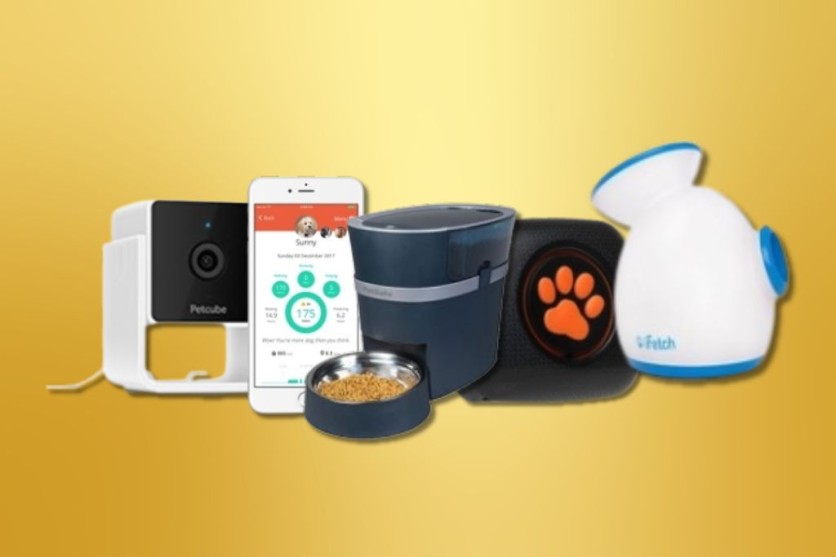Modern pet owners are currently turning to innovative solutions to improve the health and delight of their beloved companions.
However, a study conducted by researchers from Newcastle University and the University of London has revealed alarming data privacy concerns in the field of pet care technology.
This study has brought attention to the potential risks associated with the convenience of these devices (via TechXplore).

The Growing Trend of Pet Tech
Tech-savvy pet owners are turning to several devices and apps connected to the Internet of Things (IoT) for tasks ranging from feeding and health monitoring to tracking their pets' activities and movements.
With the projected market value of pet tech expected to reach $3.7 billion by 2026, it is clear that this industry is booming.
However, the study emphasizes that a proportional focus on the security and privacy of these technologies does not parallel this surge in popularity.
Surveying Pet Care Tech Users
The research employed a comprehensive approach. First, the team scrutinized 20 commonly used pet tech apps to identify privacy, security practices, and vulnerabilities.
The findings were alarming - two out of twenty apps exposed user login details in plain text within non-secure HTTP traffic, potentially leaving pet owners susceptible to malicious activities.
Subsequently, the researchers surveyed 593 users from Germany, the UK, and the US to gauge their experiences, awareness, needs, and concerns regarding pet tech.
The results revealed a glaring lack of user awareness regarding the potential risks associated with these technologies. Even though many users acknowledged the risks, their protective measures were often inadequate, jeopardizing both themselves and their pets.
Legal Void in Pet Tech Regulation
TeckXplore tells us that the most significant revelation from the study is the regulatory vacuum in the pet tech industry. While laws exist to govern the collection and storage of human-related data, there is a stark absence of legal regulations setting privacy and security standards for pet technology.
The study warns that, without adequate oversight, apps capturing data about people or actions of individuals operate without the same restrictions as those designed for humans.
The researchers promptly notified the companies behind these apps, leading to divergent responses. While one company took swift action by implementing HTTPS encryption for its communications, the other chose not to respond, leaving users potentially exposed.
Be Cautious and Informed
In light of these findings, the researchers urge pet owners to exercise caution and take necessary precautions.
With many users blissfully unaware of the potential risks associated with their pet tech devices, the study serves as a wake-up call for increased awareness and vigilance.
Stay posted here at Tech Times.

ⓒ 2025 TECHTIMES.com All rights reserved. Do not reproduce without permission.




